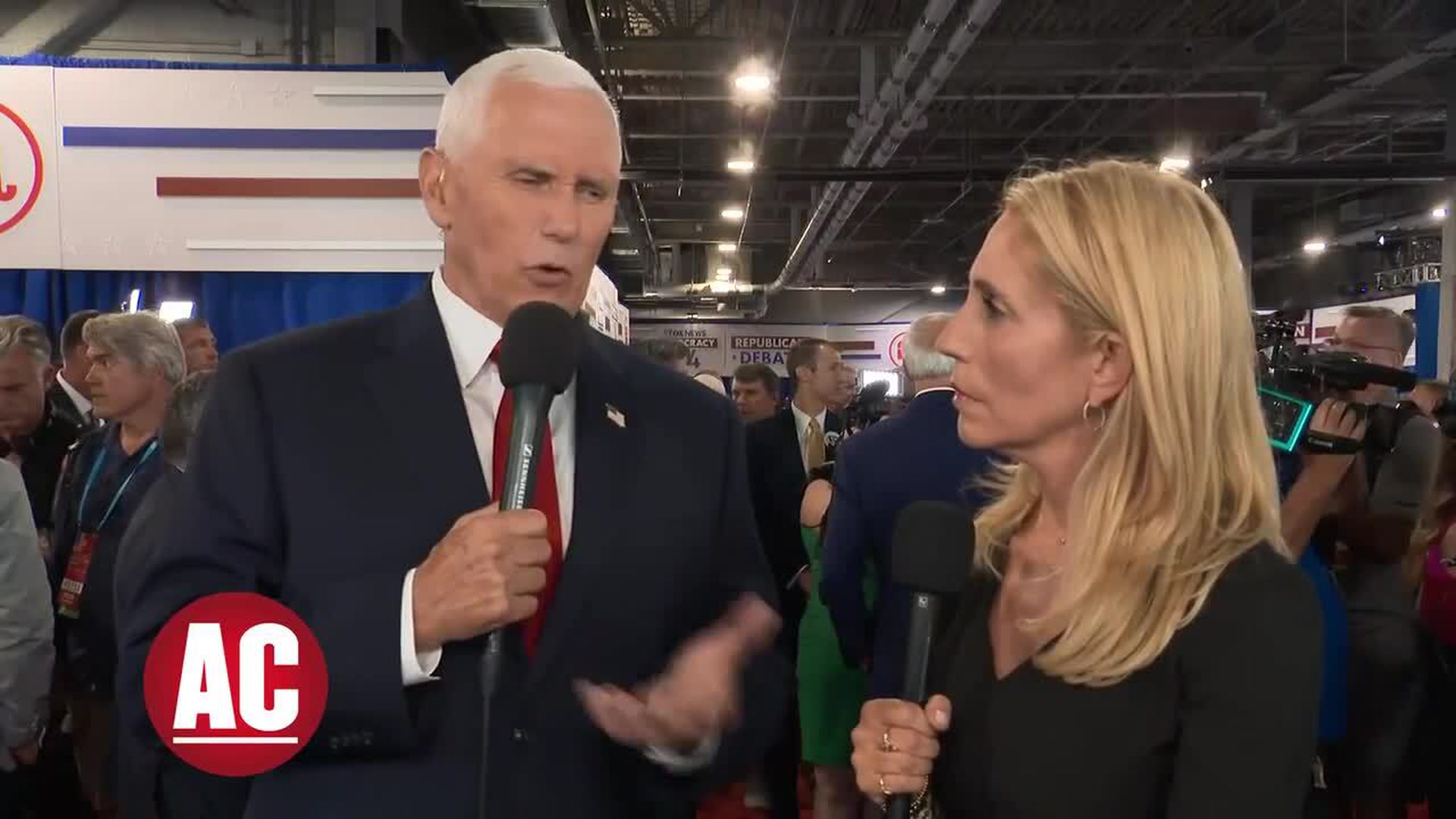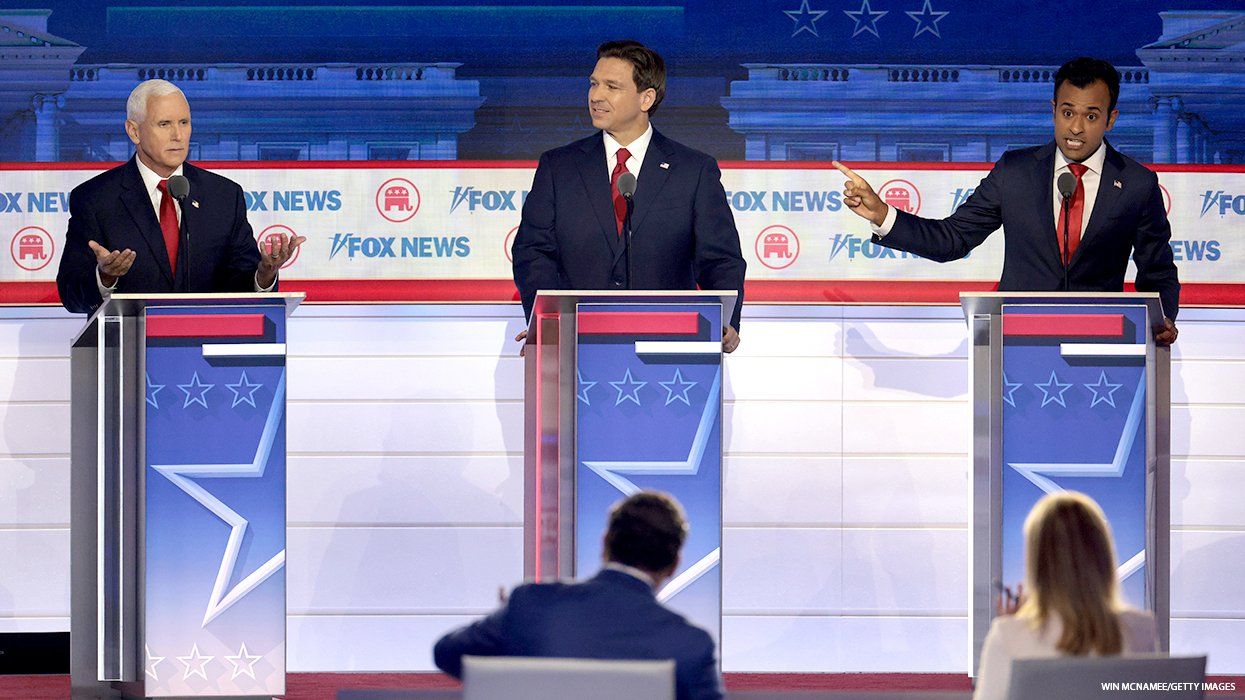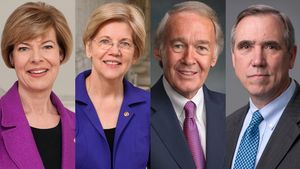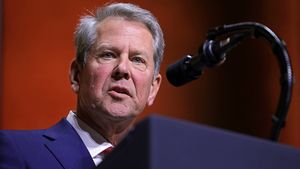The Republican platform may be staunchly pro-life, but the first GOP presidential debate on Wednesday night highlighted a major rift in the party: how far are they willing to go to actually prevent abortions from taking place?
Since the Dobbs decision last year, abortion has become a weak point for right-wing campaigns. Across party lines, only 13 percent of Americans surveyed by Gallup in May believed that abortion should be illegal under all circumstances, while 51 percent said it should be legal under certain circumstances, and 31 percent said it should always be legal.
Mike Pence Calls For 15-Week Federal Abortion Ban

Some Republican candidates are catching on to increasingly bipartisan support for abortion rights, a trend which became evident in their primary debate performances.
"I am unapologetically pro-life," said former South Carolina Governor Nikki Haley. "Having said that, we need to stop demonizing this issue. This is talking about the fact that unelected justices didn't need to decide something this personal, because it's personal for every woman and man."
Haley encouraged her party to find a consensus, suggesting a ban on late term abortions. Other candidates were less compromising on their pro-life stances.
Rebuking Haley's middle-ground proposition, Mike Pence remarked "consensus is the opposite of leadership."
The former vice president stood strong in his religious crusade to protect "the cause of life" and alleged that a 15-week abortion ban is supported by 70 percent of Americans. However, in June, The Associated Press found that half of Americans believe abortion should still be allowed by the 15-week mark.
Governor Ron DeSantis boasted Florida's six-week abortion ban, rejecting donor concerns that he should "shift to get moderates." When he was asked whether he would enact that ban federally, DeSantis said he would "stand on the side of life" without a succinct answer to the inquiry.
North Dakota governor Doug Burgum argued in favor of leaving the decision to each state, remarking that "What is going to work in New York will never work in North Dakota." Asa Hutchinson and Vivek Ramaswamy concurred, and Senator Tim Scott pushed back.
Through Donald Trump's indictments and arrests, the former president has still maintained his winning strategy: saying he will give the people what they want. FiveThirtyEight polling data shows that Trump is still taking a strong lead after the debate, despite his absence.
When asked about Trump's stance on abortion, an advisor close to the frontrunner told CNN "He supports exceptions. He does not oppose a federal role, but he also doesn’t think it is a winning issue.” With Trump, multiple things can be true at once.


















































